The views expressed in our content reflect individual perspectives and do not represent the authoritative views of the Baha'i Faith.
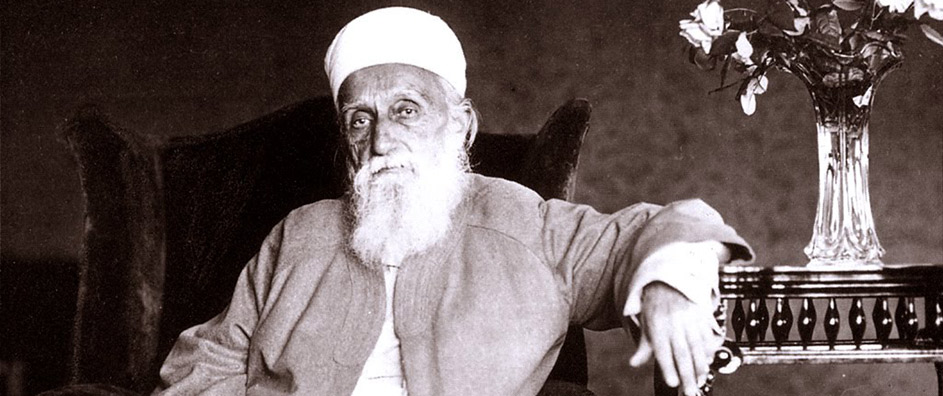 The news spread quickly: Abdu’l-Baha was gone.
The news spread quickly: Abdu’l-Baha was gone.
Ninety-two years ago, on November 28, 1921, the head of the worldwide Baha’i community, born Abbas Effendi and fondly called The Master; the son of Baha’u’llah, the prophet and founder of the Baha’i Faith; loved and revered around the world for his service to humanity and his advocacy for peace and unity; recently knighted by the British Empire for his work feeding the poor and averting famine in Palestine during World War I; passed into the next world. Seventy-seven years old, he had been a prisoner and an exile for most of his life.
The news unleashed a torrent of profound distress and grief, not just for the Baha’is but for everyone in the entire region, for believers of every religion and those with no religion.
And for a short time, Abdu’l-Baha’s passing even brought together the famously fractious Holy Land, drawing mourners and admirers from every Faith, race, background and class. Grief gripped everyone, and its intensity united them. In the Holy Land, this unprecedented impact, and the outpouring of emotion that accompanied it, resulted in a funeral the likes of which no one had ever seen before — or since.
The funeral, on Tuesday, November 29th, 1921 – just one day after Abdu’l-Baha’s death – took place on the slope of Mount Carmel, in the sacred spot where Abdu’l-Baha himself had previously interred the executed body of The Bab, the forerunner and Herald of the Baha’i Faith. Thousands upon thousands of people walked up Mount Carmel – “a great throng,” wrote the British High Commissioner of Palestine, “had gathered together, sorrowing for His death, but rejoicing also for His life.” The Governor of Jerusalem said “I have never known a more united expression of regret and respect than was called forth by the utter simplicity of the ceremony.” Observers estimated more than ten thousand people attended – Arabs, Turks, Persians, Kurds, Armenians, Europeans, Americans, Jews, Catholics, Orthodox Christians, Anglicans, Muslims, Druzes and Baha’is, government officials and clergy and the wealthiest and the poorest, all there to show their deep respect for the man one newspaper called “The Personification of Humanitarianism.” Sobbing, moaning and lamenting, the huge crowd collectively felt such a deep sense of loss that attendees struggled mightily with their emotions.
They had lost someone so unique and so humble, so wise and so dedicated to the service of others, that they feared they had lost something irreplaceable, something enormously precious, not just a man but a truly heroic and transcendent soul. Many in that gigantic crowd literally owed their lives to Abdu’l-Baha, either from the donations he had given the poor for decades or from the grain he had stored to feed the starving people of Palestine during what they called “The Great Woe,” the long war that cut their country off from food supplies.
Shoghi Effendi, Abdu’l-Baha’s grandson and newly-named Guardian of the Baha’i Faith, and the well-known British Baha’i Lady Blomfield, described the funeral procession:
As they slowly wended their way up Mount Carmel, the Vineyard of God, the casket appeared in the distance to be borne aloft by invisible hands, so high above the heads of the people was it carried. After two hours walking, they reached the garden of the Tomb of the Báb. Tenderly was the sacred coffin placed upon a plain table covered with a fair white linen cloth. As the vast concourse pressed round the Tabernacle of his body, waiting to be laid in its resting place, within the vault, next to that of the Báb, representatives of the various denominations, Moslems, Christians and Jews, all hearts being ablaze with fervent love of Abdu’l-Baha, some on the impulse of the moment, others prepared, raised their voices in eulogy and regret, paying their last homage of farewell to their loved one. So united were they in their acclamation of him, as the wise educator and reconciler of the human race in this perplexed and sorrowful age, that there seemed to be nothing left for the Baha’is to say.” –The Passing of Abdu’l-Baha, p. 11.
If the old saying that you can judge a man by his funeral is true, then Abdu’l-Baha’s interment produced one of the most spontaneous, profound and public outpourings of affection, warmth and tenderness the Holy Land had ever seen.
Just a month before Abdu’l-Baha’s last day on earth, Doctor Sulayman Rafat Bey, a Turkish friend who was a guest in Abdu’l-Baha’s home, received a telegram announcing the sudden death of his brother. Abdu’l-Baha comforted and consoled him, whispering, “Sorrow not, for he is only transferred from this plane to a higher one; I too shall soon be transferred, for my days are numbered.” Then patting him gently on the shoulder, he looked him in the face and said, “And it will be in the days that are shortly to come.”


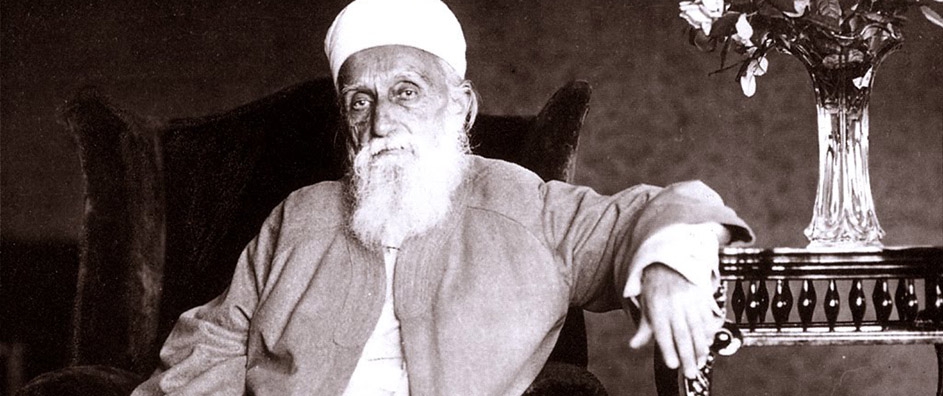
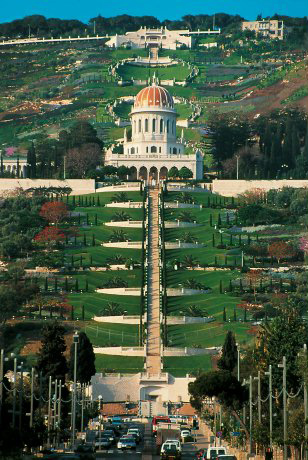
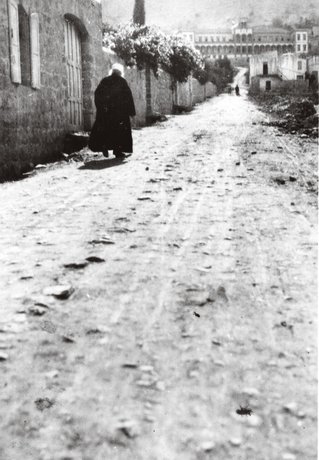

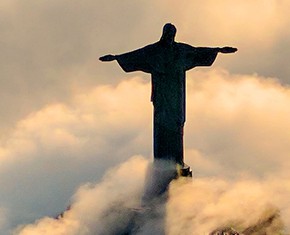
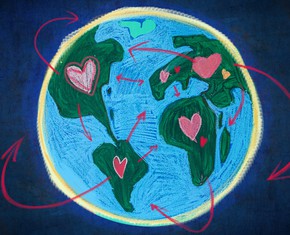
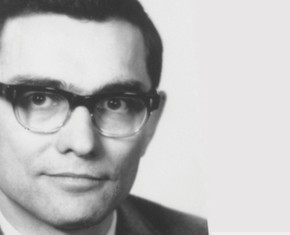









Comments
Sign in or create an account
Continue with Googleor